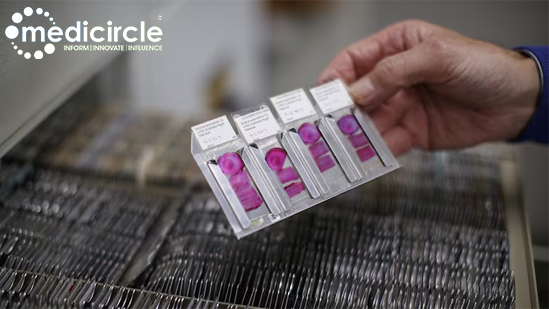A recent study conducted by King George's Medical University has unveiled concerning findings about lead exposure among children in Lucknow, highlighting levels that are four times higher than the permissible limit. Lead, a toxic substance known for its harmful effects on the nervous system, was found to be a significant health risk in urban areas, with Lucknow ranking second in blood lead levels (BLL) at 19.2 micrograms per deciliter (g/dl).
The study, which encompassed 60 urban schools across 10 districts in India and involved 2,247 participants aged 6 to 16, identified Karnataka's Manipal district as having the highest lead content at 30.2 g/dl among the cities studied. The Centre for Disease Control considers BLL above 5 g/dl as unsafe.
Published in the Indian Journal of Paediatrics, the study highlights the urgent need for attention to safeguard the health of children exposed to elevated lead levels. Professor Shally Awasthi, the lead researcher and former head of the paediatrics department at KGMU, emphasized the detrimental effects of lead on children and adolescents, particularly its impact on the central nervous system.
Awasthi highlighted the sources of lead exposure, noting its prevalence in industries and enamel paints used for colouring idols and toys. Additionally, earlier studies in Lucknow have identified elevated lead concentrations in rainwater and groundwater assessments.
Manipal district faced excessive lead contamination in water from the Swarna river, the primary drinking water source for the district, following the operation of a coal-based thermal power plant in 2012. Similarly, the Jojari river in Jodhpur exhibited high lead concentrations in water quality indices.
Lead exposure in children has been associated with a range of health issues, including anxiety, depression, aggression, inattentiveness, hyperactivity, and irritability, explained Professor Awasthi.
Despite the cessation of leaded petrol in India, industries continue to contribute significantly to environmental lead contamination, as highlighted by Dr. Divas Kumar, the co-researcher of the study.
The findings highlight the critical importance of addressing lead exposure among children to mitigate its adverse health impacts. Urgent measures are needed to regulate industrial emissions and enforce stringent guidelines to protect children from the harmful effects of lead pollution. Public awareness and concerted efforts by authorities and stakeholders are essential to safeguard the health and well-being of children in Lucknow and across India.

 The findings highlight the critical importance of addressing lead exposure among children to mitigate its adverse health impacts.
The findings highlight the critical importance of addressing lead exposure among children to mitigate its adverse health impacts.













.jpg)












_elected_as_global_president_of_the_world_congress_of_ophthalmic_anaesthesia.jpg)






